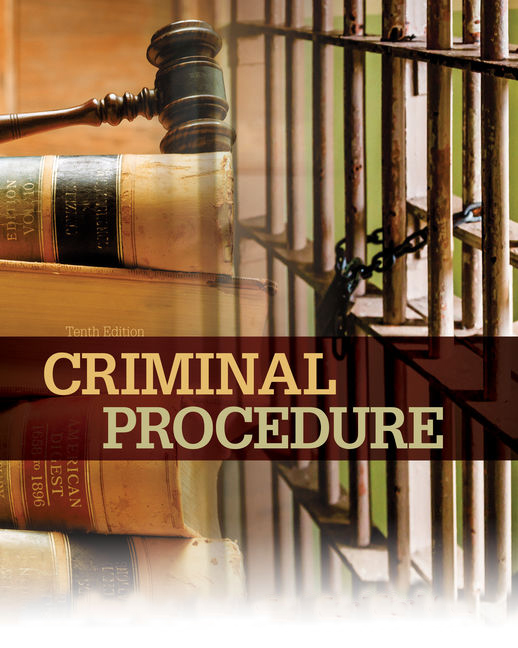Prohibitory orders purports exercise of power of sealing premise under Section 51(b) of the Disaster Management Act, 2005: The High Court of Sikkim
The order, in purported exercise of the powers conferred under Section 51(b) of the Disaster Management Act, 2005 (the Act) read with Section 3 (b) of the Sikkim Public Health and Safety (Covid-19) Regulations, 2020 directed the sealing of the said premise. In the Hon’ble High Court of Sikkim led through the single-bench by Justice Bhaskar Raj Pradhan in the matters of Krishna Kumari Chettri and Anr. v. State of Sikkim and Ors.[WP (Crl.)/1/2020].
The facts of the case are the petitioner has preferred the present writ petition against the State-respondents seeking various reliefs. They were aggrieved by the impugned order dated 23/05/2020 issued under the signature of respondent no.2 alleging violation of prohibitory orders and directives and non-compliance of the Standard Operating Procedure for social distancing in the Body Vibes Gym, Rangpo Bazar run by the petitioners.
On 17/06/2020 the respondent no.2 issued another impugned order under Section 51 of the Act directing the respondent no.3 to register a case against the Body Vibes Gym as per the provisions of Section 51(b) of the Act. Pursuant thereto First Information Report (FIR) No. 20 of 20 dated 20.06.2020 was registered at the Rangpo police station under Section 188 of the Indian Penal Code, 1860 (IPC).
On 17.09.2020, I.A. No. 01 of 2020 preferred by the petitioners was heard by this court. Pursuant thereto the impugned order dated 23.05.2020 stayed. In so doing Body Vibes Gym was de-sealed and it started its activities.
The learned Additional Advocate General fairly submits that due to the change in the present COVID-19 situation and the lockdown conditions being lifted the running of the Body Vibes Gym is no longer an issue. She further submits that the State authorities are not pursuing the impugned orders and the FIR against the proprietor of the Body Vibes Gym of the Rangpo Bazar.
In view of the assurance given by the learned Additional Advocate General Mr Sabyasachi Chatterjee, learned counsel for the petitioners submits that there is no need to pursue the writ petition further.
The court directed “Taking cognizance of the categorical statement of the learned Additional Advocate General this court directs that the State authorities shall not pursue the impugned orders and close the files relating to them as well as FIR No. 20 of 2020 lodged on 20.06.2020 under Section 188 IPC against the proprietor of Body Vibes Gym, Rangpo Bazar at the Rangpo police station”.
The petition was disposed of accordingly.




